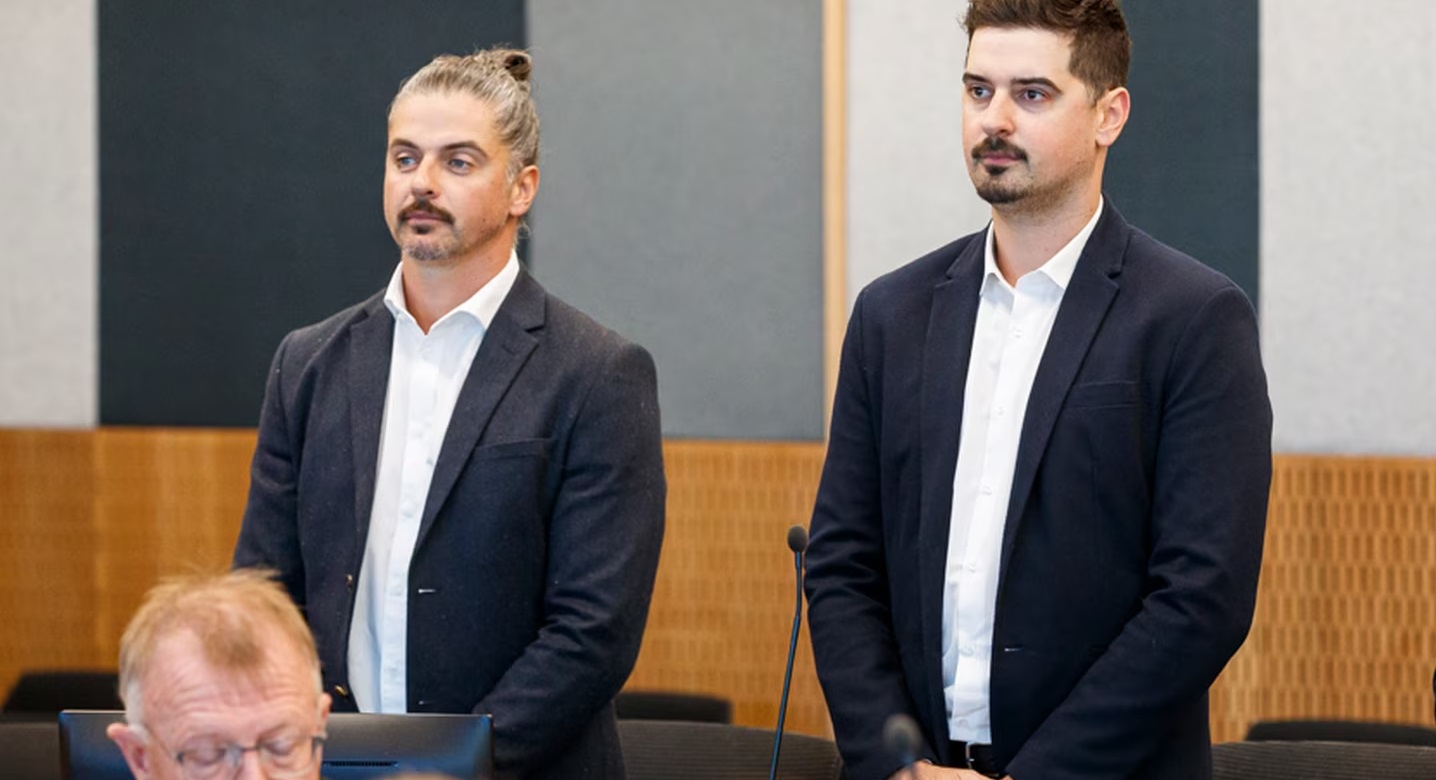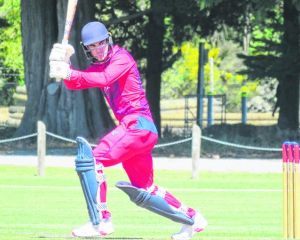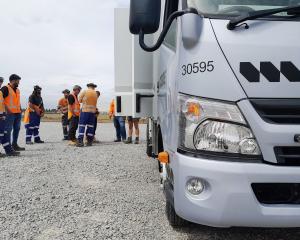
Christchurch rapists Danny and Roberto Jaz will not be deported when their jail terms end.
The Australian brothers were last year found guilty of rape, drugging, drink spiking, stupefying and filming women in their teens and early 20s.
More than 20 women were sexually assaulted at the men's family businesses - Mama Hooch and Venuiti.
Roberto Jaz was sentenced to 17 years in prison, while his older brother was given six months less - with a minimum non-parole period of eight years - and victims had been hoping they would be deported to Australia.
But Immigration New Zealand (INZ) said it cannot remove them because of how long they have lived in this country.
"Neither Danny nor Roberto Jaz are liable for deportation as residence class visa holders due to the length of time they have lived in New Zealand," said its immigration resolutions manager Margaret Cantlon.
"As per their New Zealand police certificates, Danny and Roberto's first offences occurred in 2015, which is more than 10 years after they were first granted residence."
New Zealand deportation laws can be used to remove migrants who have committed crimes, but only if the offences happen within two, five or 10 years of residence being granted - the period varies, depending on how serious the offence is.
In the case of the Jaz brothers - whose crimes fall into the most serious 10-year category - their offending occurred more than a decade after they got residence.
It is not known when the Jaz family arrived, but previous media reports have suggested it was in 2001, when the brothers were 18 and 16.
Australian citizens can become residents on arrival in New Zealand unless they do not meet requirements, which include not having previous convictions.
They were sentenced last August for nearly 70 crimes, including rape, sexual violation and stupefying, after a five-year prosecution process in which the men had name suppression.
They are appealing their convictions and sentences.
Police are investigating new complaints about alleged incidents at the men's former bar, Mama Hooch.
'Incredibly disappointed'
Canterbury-based Aviva sexual violence team manager Jo Bader said news the men could stay in New Zealand would be hard for victim-survivors to take.
"I can't speak for all of the victim-survivors but I imagine that many of them will feel incredibly disappointed by this," she said. "There will be a range [of feelings], I'm sure there'll be absolute outrage. There were many of them that felt great relief at the idea or the possibility that the Jaz brothers would be deported at the end of their sentence.
"It gave them a sense of safety, that they could go about their lives and move through the city without feeling like they were having to look over their shoulders all the time, and so this will really change that for them. It's not just about physical sense of safety, but it's about that emotional and mental safety."
It was too early to know what their parole conditions would be and when those would lapse, but their release would play on some people's minds even now, she said.
The system was not victim-centric, and thought needed to be given to how the women who had been harmed could be protected.
"I imagine for those victim-survivors the consideration for them will be 'How do I feel safe in my daily life? How do I feel like I don't have to look over my shoulder in 15 or 20 years' time?' And that seems like a long time away and that people will have moved on. But when you have an experience of sexual violence, that experience doesn't just completely leave your life. That experience is part of your life.
"What was crystal clear throughout this whole process that those brothers had not one ounce of consideration for their victims. So will those voices of survivors be placed first and foremost, in parole considerations, and who will listen to their voice and take their safety seriously?"
In 2019 discussions about whether Christchurch mosque terrorist could be deported to Australia, INZ said five Australians had been deported in the previous year.
A total of 2758 New Zealanders were deported from Australia between 2015 and 2022.














